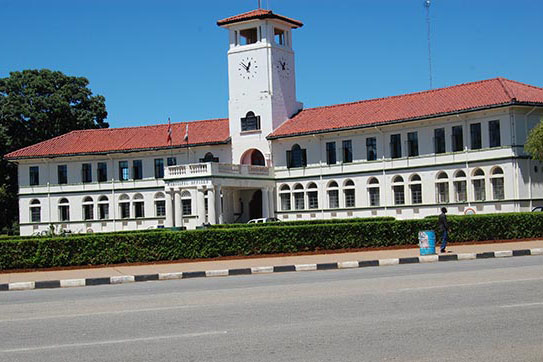
BY mthandazo nyoni
ZIMBABWE’S local authorities need US$3,057 billion for water supply, roads and public safety, corporate governance, solid and waste water management among other critical needs, an official has said.
Addressing delegates attending the Local Government Investment Conference in Bulawayo last week, Urban Councils Association of Zimbabwe technical services forum chairperson, Simela Dube said all 32 local authorities were battling infrastructure decay.
For water supply, Dube said local authorities need US$1,404 billion, roads and public safety needs US$894 million, waste water management (US$557 million), solid water management (US$141 million) and corporate governance (US$61 million).
“There has been sustained deterioration in the quality of infrastructure assets stemmed from very inadequate levels of public expenditures for routine and periodic maintenance of the infrastructure networks,” Dube, who is also Bulawayo City Council’s director of engineering services, said.
“The deterioration in the physical infrastructure has been accompanied by lack of progress in building institutional capacities for management and regulation of the basic services associated with these networks,” he said.
Dube said problems in this area stem from a disjointed approach to regulation and oversight among the ministries responsible for these sectors, compounded by a substantial loss of skills in the public workforce.
“The deterioration in Zimbabwe’s basic infrastructure in the past decade has had a serious impact on other productive sectors of the economy and on the level and quality of services to the public at large,” he said.
- Chamisa under fire over US$120K donation
- Mavhunga puts DeMbare into Chibuku quarterfinals
- Pension funds bet on Cabora Bassa oilfields
- Councils defy govt fire tender directive
Keep Reading
Zimbabwe’s perceived risk has decreased private sector appetite to invest in the country as well as decreased donor engagements.
The quality of Zimbabwe’s railroad and road infrastructure was in 2018 ranked by the World Economic Forum at 86 and 116, respectively out of 137. This is down from 83 and 101, respectively in 2017.
As such, Dube said over-reliance on road transportation was resulting in an accelerated depreciation of road networks which are already in need of extensive rehabilitation.
Dube said there was an urgent need to restore human capital because the tough economic conditions had caused “brain drain” or flight of skilled workers out of Zimbabwe.
“The loss of skilled workers is exacerbated by the low levels of training and capacity building, particularly within the scope of undertaking, overseeing and managing large infrastructural projects,” he said.
Dube said even though government implemented various road-user fees to collect revenue, the fees were insufficient to rehabilitate and maintain the road network. “Funds collected are not effectively rationalised with administrative costs outweighing maintenance funding,” he said.











